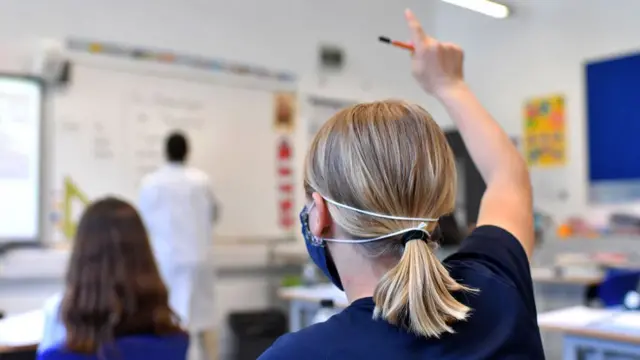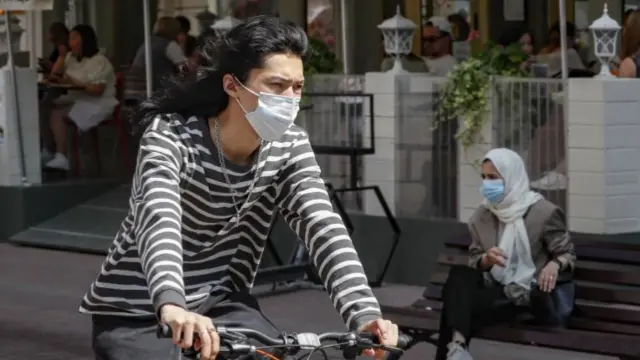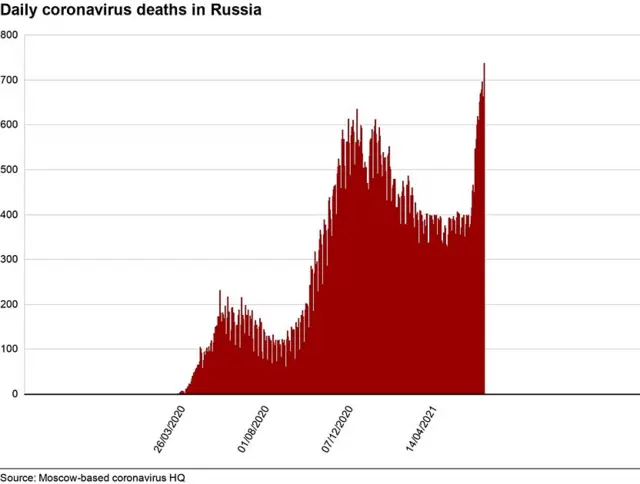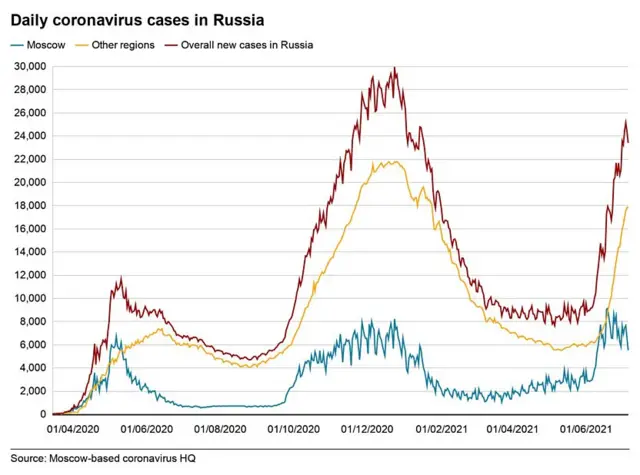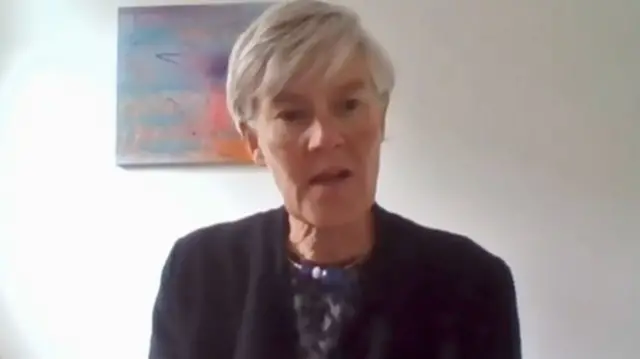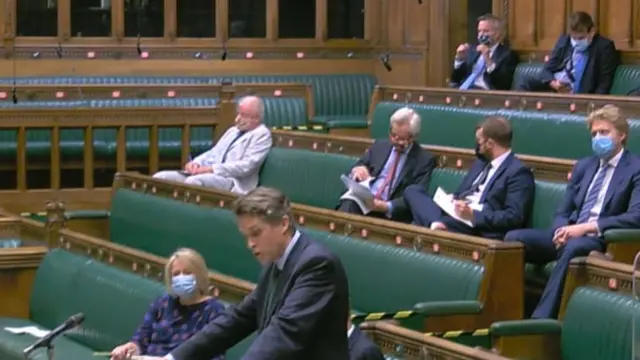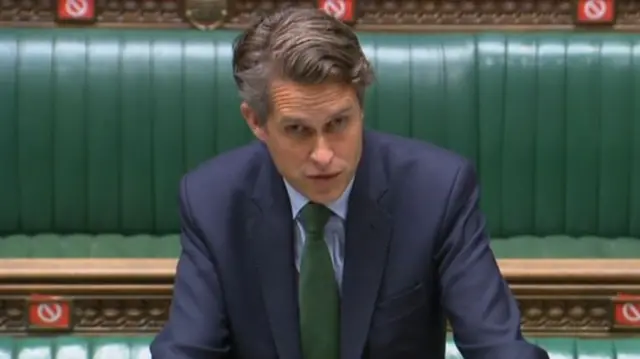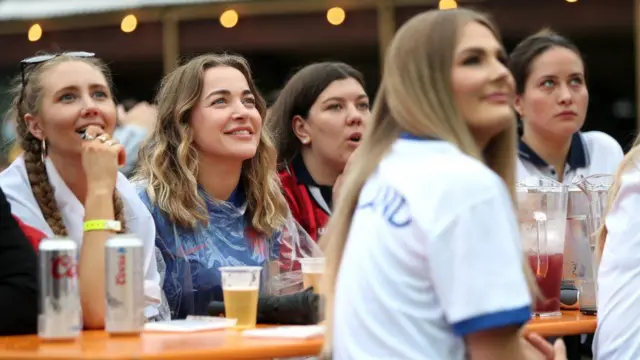Watch: Key school restrictions will endpublished at 14:53 BST 6 July 2021
Gavin Williamson: Key restrictions on education will end
If you're here to catch up on Covid rules in schools - here's Education Secretary Gavin Williamson outlining the changes.
